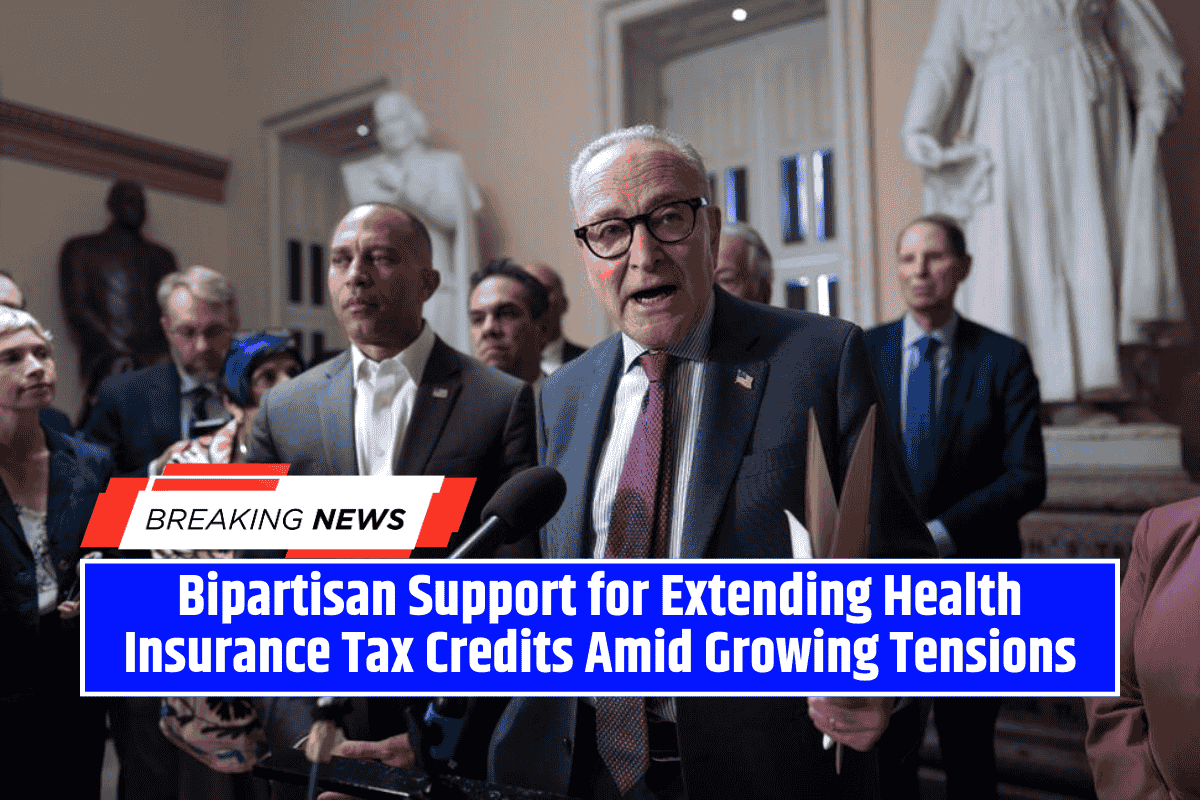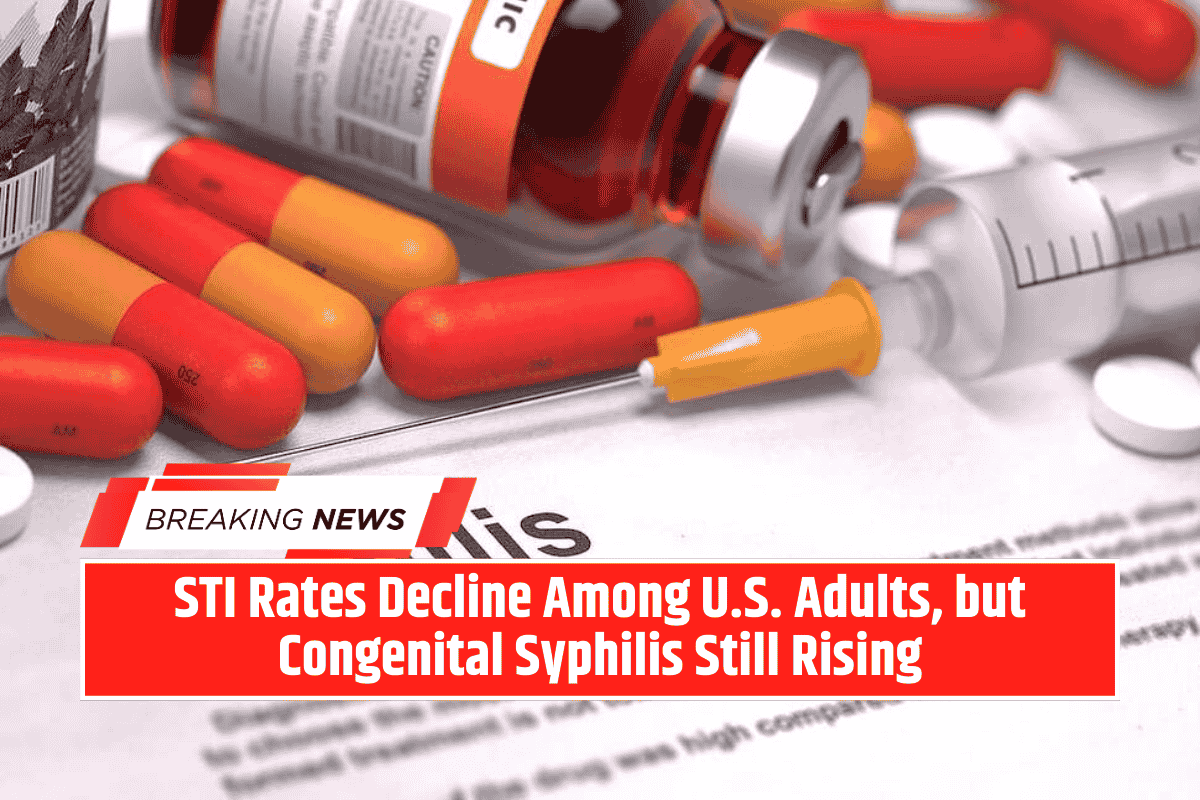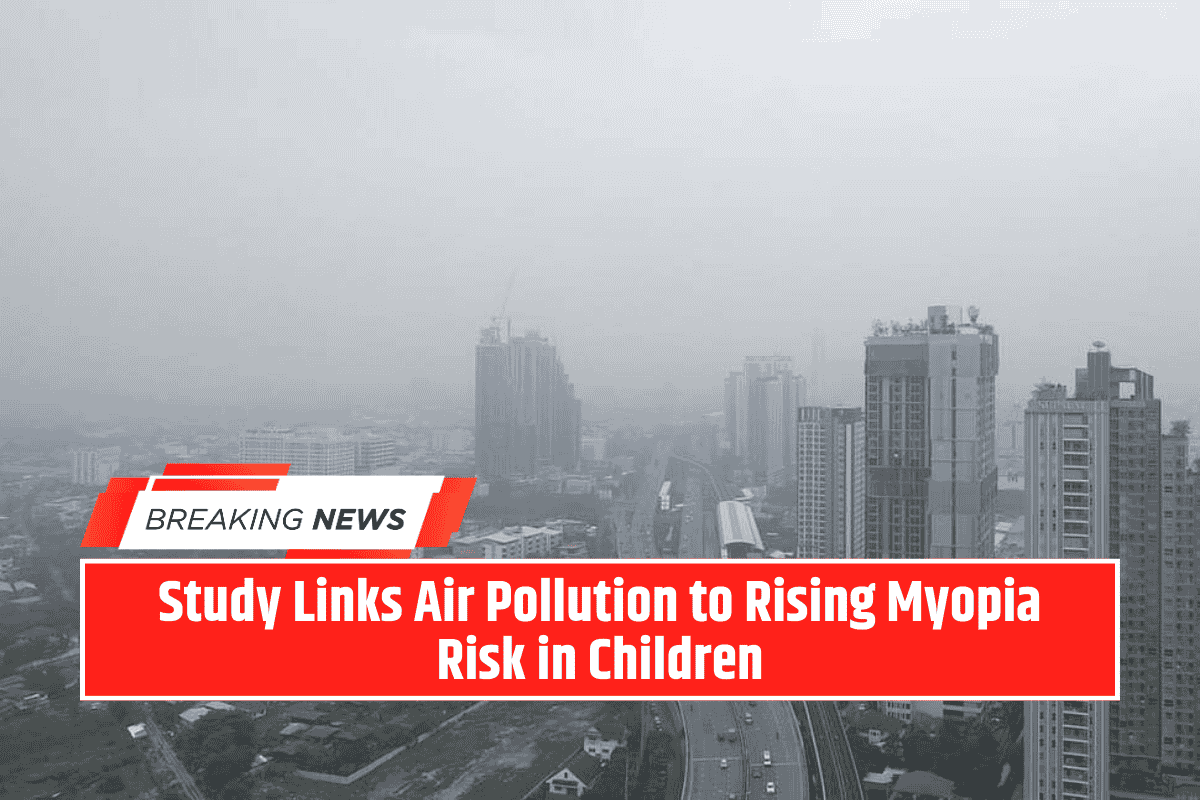As the end of the year approaches, there is bipartisan support in Congress for extending the tax credits that have made health insurance more affordable for millions of Americans since the COVID-19 pandemic.
However, the credits, which were first implemented in 2021 and extended in 2022, are in danger of expiring due to a standoff between Republicans and Democrats.
The Political Tug-of-War
Democrats are pushing for an extension of the subsidies, threatening to vote to shut down the government at the end of the month if their demands aren’t met.
These tax credits, which assist low- and middle-income individuals purchasing health insurance through the Affordable Care Act (ACA), are set to expire at the end of the year.
Democrats argue that allowing the subsidies to lapse would lead to a significant increase in premiums for millions of Americans.
On the other hand, Republicans, many of whom have historically opposed the Affordable Care Act, are divided on the issue. Some acknowledge the potential steep increases in coverage costs for their constituents but are cautious about further expanding the ACA.
GOP leaders have expressed openness to the idea of extending the tax credits but have suggested potential adjustments, which could spark a new debate over health care policy.
Millions of Americans Facing Health Insurance Rate Hikes
If Congress fails to act, millions of Americans could face major premium increases. The number of people enrolled in ACA plans has surged to a record 24 million, thanks in large part to the subsidies.
These expanded credits have allowed lower-income individuals to access plans with no premiums and have capped premiums for higher earners to 8.5% of their income.
With the expiration looming, some individuals are already receiving notices about the upcoming premium hikes, with some insurers proposing increases of up to 50%.
Pressure Mounts from Health Insurers and Hospitals
Health insurers and hospital executives are also urging Congress to act, fearing that without the subsidies, premiums will rise as healthier individuals opt out of coverage, leaving insurers with older and sicker patients.
Insurers in some states, such as Iowa, have already proposed premium increases ranging from 3% to 37%. The situation is particularly concerning for individuals in areas with high insurance premiums.
The Political Divide on Capitol Hill
On Capitol Hill, the debate over the subsidies is intertwined with a larger fight over government funding. Senate Democratic Leader Chuck Schumer and House Democratic Leader Hakeem Jeffries have warned that Democrats will not support a government funding bill unless an extension of the health care tax credits is included. Republicans, however, are seeking more time to review the subsidies and possibly scale them back.
Senate Majority Leader John Thune has called for a proposal from Democrats on how to extend the subsidies. While some Republican members express support for extending the credits, others, including Senate Finance Committee Chairman Mike Crapo, are still working to find a solution.
Meanwhile, some Republicans, like Sen. Ron Johnson, oppose the extension due to the high costs associated with the program.
Impacts on Middle-Class and Small Business Owners
Middle-class families, particularly in competitive political districts, could be significantly impacted by the expiration of the tax credits. Republicans from these districts have been vocal about the need for a solution.
Rep. Jen Kiggans, R-Va., who led a push to extend the tax credits for one year, noted that small business owners and middle-class families would be particularly vulnerable to rising health insurance costs.
The Urgency of Action Before Open Enrollment
Open enrollment for ACA plans begins on November 1, and experts warn that if Congress doesn’t act soon, millions will see “sticker shock” as they face premium increases.
The expiration of the tax credits is expected to lead to a dramatic spike in premiums, making it harder for many Americans to afford their health insurance.
As lawmakers continue to debate the issue, the pressure to act grows, with both sides knowing that time is running out to prevent a health insurance crisis in the new year.









